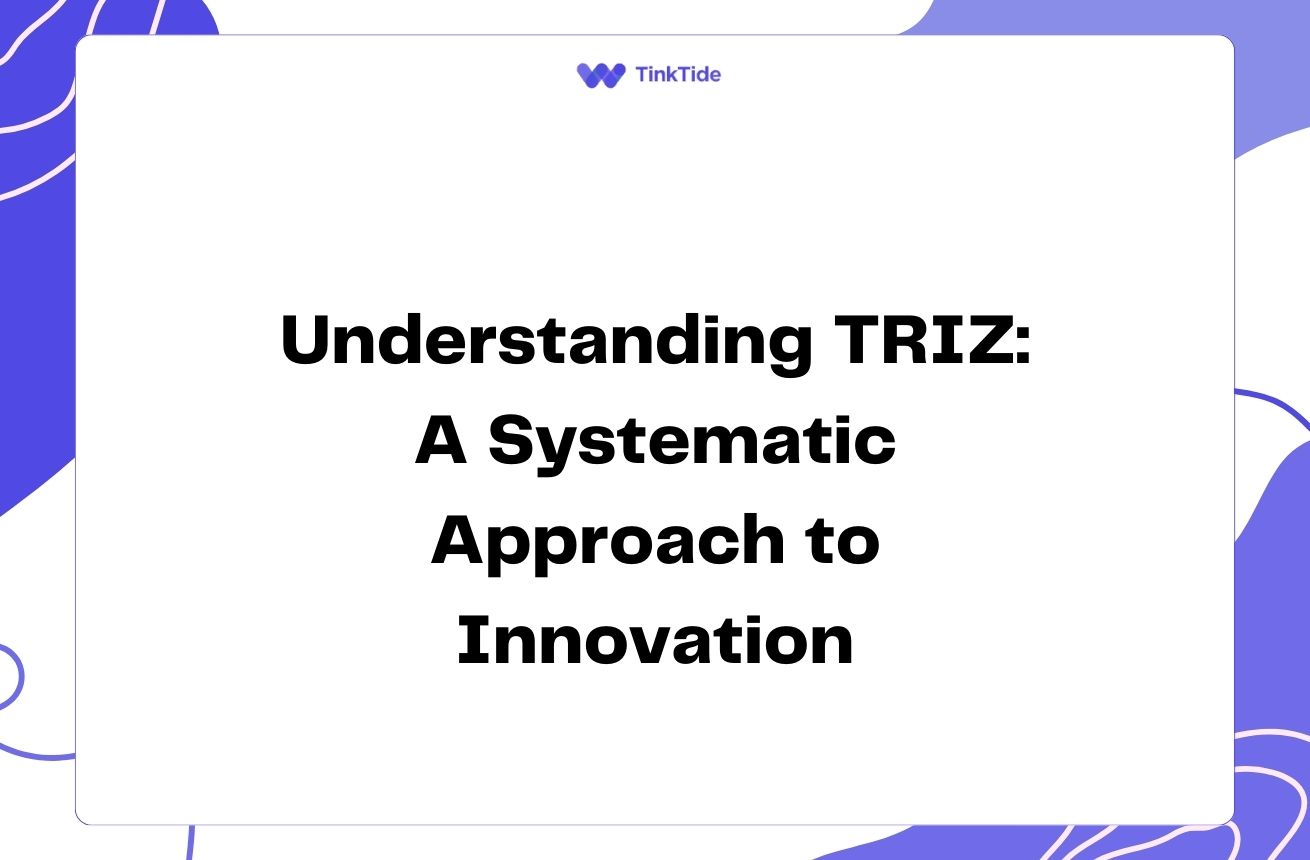Streamline Your Marketing: Top Automation Tools Explored
The Power of Marketing Automation
Marketing automation has revolutionized the way businesses approach their marketing efforts. By leveraging powerful tools, you can streamline your workflows, save time, and achieve better results. Let's explore some of the most effective marketing automation tools that can transform your marketing strategy.
These tools cover various aspects of marketing, from email campaigns to social media management and lead nurturing. By implementing the right mix of automation tools, you can free up valuable time to focus on strategy and creativity while ensuring consistent and personalized communication with your audience.
As we dive into specific tools, remember that the key to successful marketing automation is choosing solutions that align with your business goals and integrate seamlessly with your existing processes. Let's start by looking at some popular categories of marketing automation tools.
Email Marketing Automation
Email remains one of the most effective marketing channels, and automation can take your email campaigns to the next level. Here are some top email marketing automation tools:
- Mailchimp: Offers a user-friendly interface and powerful automation features for businesses of all sizes.
- HubSpot Email Marketing: Part of HubSpot's comprehensive marketing suite, it provides advanced segmentation and personalization options.
- ActiveCampaign: Known for its robust automation workflows and CRM integration capabilities.
Social Media Automation
Managing multiple social media accounts can be time-consuming. Social media automation tools help you schedule posts, analyze performance, and engage with your audience more efficiently.
Buffer is a popular choice for scheduling posts across various platforms. It offers a simple interface and useful analytics to track your social media performance.
Hootsuite provides a comprehensive solution for social media management, including scheduling, monitoring, and reporting features. It's particularly useful for larger teams and agencies.
For those focusing on visual content, Later specializes in Instagram marketing but also supports other platforms. It offers visual planning tools and scheduling features tailored for image-heavy content.
Lead Nurturing and CRM Integration
Effective lead nurturing is crucial for converting prospects into customers. These tools help automate the process and integrate with your CRM for seamless lead management:
Marketo offers advanced lead nurturing capabilities, including behavior tracking and personalized content delivery. It's ideal for B2B companies with complex sales cycles.
Pardot, now part of Salesforce, provides powerful B2B marketing automation features with deep CRM integration. It's particularly useful for businesses already using Salesforce.
For a more affordable option, Drip offers e-commerce-focused marketing automation with features like abandoned cart emails and customer segmentation based on purchase history.
Analytics and Reporting
To measure the success of your marketing efforts, you need robust analytics and reporting tools. Here are some options to consider:
Google Analytics remains the go-to tool for website analytics. It offers in-depth insights into your site's performance and user behavior.
For more comprehensive marketing analytics, Tableau allows you to create interactive dashboards and visualizations, combining data from various sources.
Mixpanel specializes in product and user analytics, making it ideal for SaaS companies and mobile app developers looking to understand user engagement and retention.
Implementing Marketing Automation: Best Practices
To get the most out of your marketing automation tools, follow these best practices:
- Start with clear goals: Define what you want to achieve with automation before selecting tools.
- Integrate your tools: Ensure your chosen tools can work together seamlessly.
- Focus on personalization: Use automation to deliver more targeted, relevant content to your audience.
- Regularly review and optimize: Continuously analyze your automation workflows and make improvements.
- Train your team: Ensure your marketing team is well-versed in using the chosen tools effectively.
Choosing the Right Tools for Your Business
Selecting the right marketing automation tools depends on your specific business needs, budget, and existing tech stack. Consider these factors:
Scalability: Choose tools that can grow with your business and handle increasing demands.
Ease of use: Opt for user-friendly interfaces to ensure quick adoption by your team.
Integration capabilities: Look for tools that can easily connect with your existing software ecosystem.
Support and resources: Consider the level of customer support and available learning resources for each tool.
Address common questions
Let's address some frequently asked questions about marketing automation tools:
How much do marketing automation tools typically cost?
Costs vary widely depending on the tool and features. Some tools offer free plans for small businesses, while enterprise-level solutions can cost thousands per month. Many tools use tiered pricing based on the number of contacts or features needed.
Can marketing automation replace human marketers?
No, marketing automation complements human efforts rather than replacing them. These tools handle repetitive tasks and data analysis, allowing marketers to focus on strategy, creativity, and personal interactions.
How long does it take to see results from marketing automation?
Results can vary, but many businesses start seeing improvements in efficiency within weeks of implementation. More significant ROI may take a few months as you optimize your workflows and gather more data.
Is marketing automation only for large businesses?
No, businesses of all sizes can benefit from marketing automation. Many tools offer scalable solutions suitable for small businesses and startups.
How can I ensure my automated messages don't feel impersonal?
Use segmentation and personalization features to tailor your messages. Regularly review and update your content to keep it fresh and relevant. Mix automated messages with personal touchpoints for a balanced approach.
What skills does my team need to use marketing automation effectively?
Basic digital marketing knowledge is essential. Familiarity with data analysis, content creation, and basic technical skills are helpful. Many tool providers offer training resources to help teams get up to speed.
Provide additional resources
Marketing Automation for Dummies
A comprehensive guide to understanding and implementing marketing automation
HubSpot Academy
Free online courses on inbound marketing and automation
Salesforce Trailhead
Learn about CRM and marketing automation through interactive modules
Marketing Automation Times
Blog with the latest news and trends in marketing automation
Automation Tools Comparison
Compare different marketing automation tools based on user reviews
Embrace the Future of Marketing
Marketing automation tools have become indispensable for businesses looking to scale their marketing efforts efficiently. By leveraging these tools, you can create more personalized customer experiences, save time on repetitive tasks, and make data-driven decisions.
Remember, the key to successful marketing automation lies in choosing the right tools for your specific needs and using them strategically. Start small, experiment with different features, and gradually expand your automation efforts as you see results.
As you embark on your marketing automation journey, keep learning and staying updated with the latest trends and best practices. With the right approach, these tools can significantly boost your marketing effectiveness and drive business growth.
Supercharge Your Marketing with Automation
Ready to streamline your marketing efforts? Try our powerful automation platform and see the difference it can make for your business.
Start Your Free Trial

